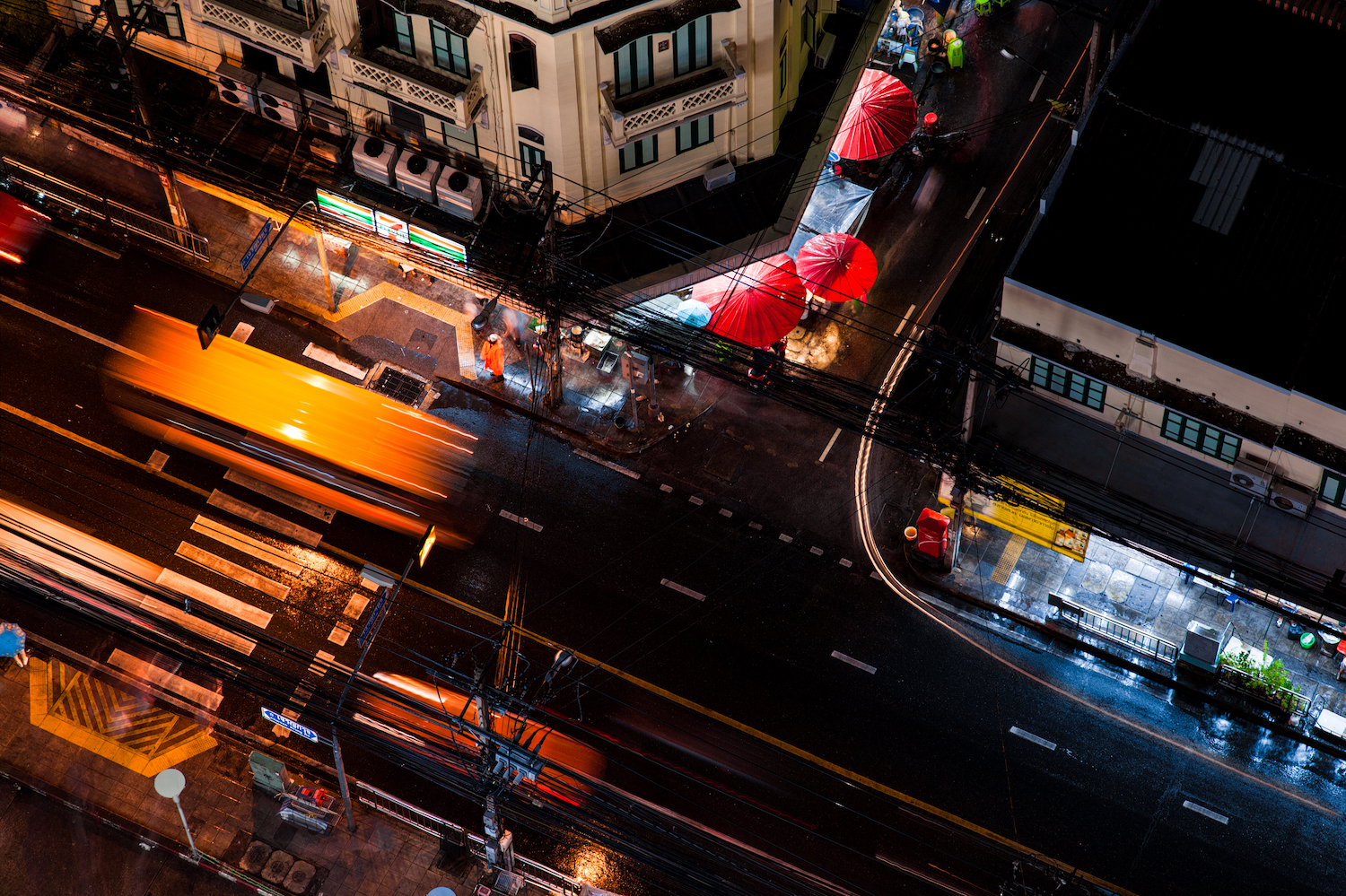How to Decide Where to Set Up Your Startup

Entrepreneurship offers an attractive choice of freedom. At least in theory, entrepreneurs are free to choose what kind of business they want to create, manage their own working hours and operate their business free from geographical bounds. So it is no surprise that entrepreneurship is the career path of choice for the young and the ambitious. A recent study in Britain revealed that in 2015 alone, 608,110 new companies were registered in the United Kingdom. In 2016 the numbers were even more impressive, with an average of 80 new companies being registered every single hour. Global developments reflect this trend. However, the reality is also that a considerable percentage of startups fails within the first three years, making it all the more important for entrepreneurs to find the best environment for their fledgling startups. Here’s a short list of important prerequisites that make for a good startup environment:
Legal environment
A sound legal environment that helps encourage and facilitate entrepreneurial activities is key. This requires proper business legislation that makes starting and registering a business fast and hassle-free, as well as sensible taxation and tax schemes that provide for a friendly environment not only for startups, but also for investors and businesses investing at an early stage. Singapore and Hong Kong are two of the front runners in Asia (and arguably on a global scale) when it comes to providing a business-friendly environment, making it possible to start and register a company in the space of a few days. Singapore also grants tax exemption of the first $100,000 profit for the owners of new startups, making the city state possibly the most attractive location for entrepreneurial activities in Asia. Another factor that ensures an environment conducive to entrepreneurial activities is proper intellectual property protection and enforcement. Proper IP protection is an important consideration for most startups. Not only does it serve as a defense against infringement of a startup’s intellectual property by competitors but intellectual property, if well protected, also plays a key role in attracting funding and partnerships.
Startup Culture
Considering which location offers a good startup ecosystem is highly important. Cities/countries with a good startup environment not only have the right legal foundations in place (i.e. they make it less of a hassle to register and run a business) but also offer easy access to incubators, shared office spaces and investors, and facilitate the exchange with like-minded individuals through established startup networks. Anticipating the rise of startups during the past couple of years, Singapore has from the outset invested heavily in its startup ecosystem in order to provide an impressive physical space for its entrepreneurs. Block 71, the city state’s Launchpad for startups, has proved so successful in housing incubators, venture capitalists, and startups under one roof that it not only has undergone rapid expansion, but also branched out into other countries in the Southeast Asian region.
Networking and hiring opportunities
Regardless of what kind of business an entrepreneur aims to build, networking plays a very important role in the growth of a young business. An environment that has the right networking opportunities available (think event series such as BarCamps and Startup Weekends) will not only make it easier to find potential partners or build the right business relationships but also provide access to local talent. When it comes to the hiring of talent, one consideration would also be the quality of local schools and universities who may not only be a pool to tap in when it comes to hiring regular staff but also can provide a host of ambitious and fast-learning students willing to contribute through internships.
Cost of living
Many fledgling young businesses and their ambitious (yet cash-strapped) founders start their lives on a tight budget. In the early stage of a business venture rent, food, and utilities are expenses that could have been better spent helping grow the business. Startups that put down roots in more expensive locations might put themselves at a disadvantage compared to their competitors operating out of a cheaper environment. Unfortunately this means that some entrepreneurs find themselves presented with a balancing act: The desirability of a certain location in terms startup infrastructure and potential customers inevitably comes with a price tag. Cheaper locations, on the other hand, might make it possible to stretch the starting capital for longer but may not offer the same supportive environment for a startup to grow and prosper. One city in Asia that increasingly becomes interesting for startups in Asia is Bangkok. It offers a good environment for startups in terms of its startups culture and location without a hefty price tag fixed to it. However, the regulatory environment, especially with regard to internet access, remains a worry.
Of all the decisions to be made when starting up a new business, location is one of the most important. Although globalization and virtualization have, at least in theory, made it possible to start a business pretty much from anywhere, evidence suggests that geographical considerations – such as the proximity to a good startup ecosystem, potential investors, and customer base – are factors that can make or break a fledgling enterprise.